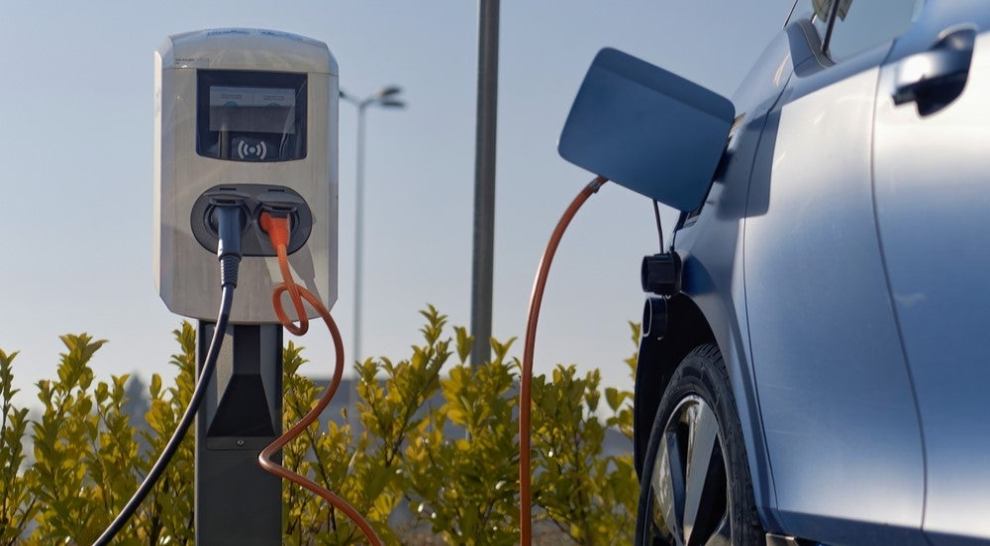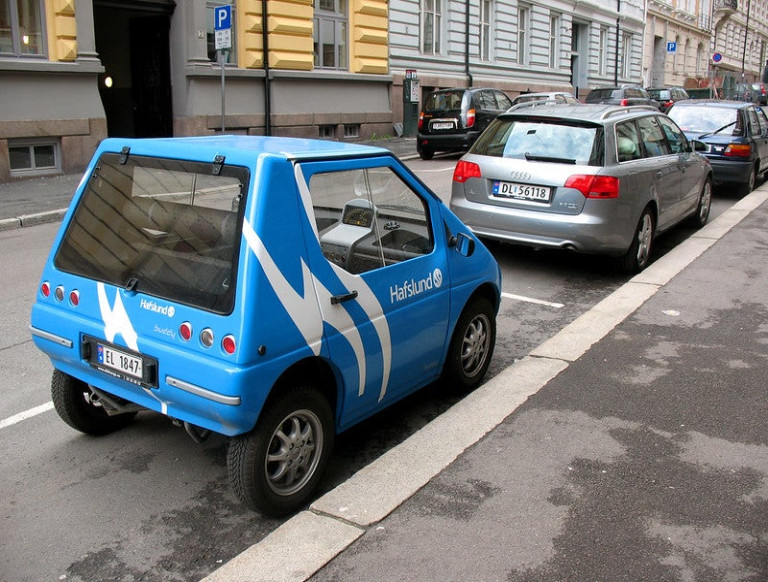Driving the Future: Solar-Powered Cars in Venezuela
The streets of Venezuela are witnessing an extraordinary transformation. Solar-powered cars are no longer a distant dream but a tangible reality. This development promises to redefine how the nation views transportation and energy consumption.
The Rise of Solar-Powered Vehicles
Venezuela, a country known for its vast oil reserves, is becoming a surprising pioneer in renewable energy. The shift towards solar-powered cars is spurred by necessity and innovation. The economic crisis and fuel shortages have prompted Venezuelans to look for alternative energy sources. Solar energy, abundant and free, presents an ideal solution.
The government’s push towards renewable energy has played a crucial role in this transformation. Policies favoring green technology and subsidies for solar panels have made it easier for citizens to adopt solar-powered vehicles. Local companies and startups are also contributing by designing and manufacturing affordable solar cars that cater to the average Venezuelan. This synergy between policy and entrepreneurship is creating a fertile ground for sustainable innovation.

Innovations Fueling the Movement
One of the most remarkable aspects of this revolution is the innovation driving it. Engineers and scientists in Venezuela are developing cutting-edge technologies to make solar-powered cars more efficient and practical. For instance, solar panels used in these vehicles are now more efficient, converting more sunlight into usable energy.
Battery technology has also seen significant advancements. Modern solar-powered cars in Venezuela are equipped with batteries that store more energy and charge faster. This means these vehicles can run longer distances without needing a recharge, making them more viable for everyday use. Additionally, advances in lightweight materials and aerodynamics enhance the overall performance and range of these vehicles.
Furthermore, the integration of AI and IoT technologies is enhancing the functionality of solar-powered cars. Smart systems monitor energy consumption, optimize routes, and even predict maintenance needs, making these vehicles not only eco-friendly but also smart and convenient. These innovations are proving that solar-powered cars can be as sophisticated and user-friendly as traditional vehicles.
Challenges and Solutions
Despite the progress, there are challenges to overcome. One significant hurdle is the initial cost of solar-powered vehicles. While prices have dropped, they are still higher compared to traditional gasoline cars. The government and private sector are working together to provide financing options and incentives to make these cars more accessible. Programs such as low-interest loans and tax breaks are making it easier for the average citizen to make the switch.
Another challenge is the infrastructure. Charging stations and maintenance facilities for solar-powered cars are still limited. Efforts are underway to expand this infrastructure, with new solar charging stations being installed across the country. These stations are often equipped with advanced technology to ensure fast and efficient charging. Urban planning is also evolving to accommodate these new needs, with dedicated solar charging zones and parking spaces becoming a common sight.
Moreover, public-private partnerships are playing a crucial role in overcoming these challenges. By pooling resources and expertise, the government, private companies, and academic institutions are accelerating the development of the necessary infrastructure. These collaborations are also fostering innovation and driving down costs, making solar-powered cars a more attractive option for consumers.

Environmental and Economic Impact
The move towards solar-powered cars is not just a technological shift; it’s an environmental and economic one as well. On the environmental front, solar-powered cars produce zero emissions, reducing air pollution significantly. This is a crucial benefit for Venezuela, where air quality has been a growing concern. Cleaner air means better health outcomes for the population, reducing healthcare costs and improving the quality of life.
Economically, the shift to solar energy is reducing the country’s dependency on oil. This is particularly important given the volatile nature of the global oil market. By investing in solar-powered cars, Venezuela is not only securing a more stable energy future but also creating new jobs in the renewable energy sector. These jobs range from manufacturing and installation to maintenance and research, providing diverse employment opportunities for the workforce.
Additionally, the adoption of solar-powered cars is stimulating local economies. Small and medium-sized enterprises (SMEs) are emerging to meet the growing demand for solar panels, batteries, and other components. This entrepreneurial boom is fostering innovation and driving economic growth, contributing to the overall prosperity of the nation.
Public Reception and Adoption
The public’s response to solar-powered cars in Venezuela has been overwhelmingly positive. Many citizens see these vehicles as a way to gain independence from fluctuating fuel prices and shortages. Testimonials from early adopters highlight the convenience and cost savings these cars offer. Stories of families saving on fuel costs and enjoying the reliability of solar-powered transportation are becoming commonplace.
Educational campaigns and public demonstrations have also played a vital role in increasing awareness and acceptance. Schools and universities are incorporating renewable energy topics into their curricula, preparing the next generation to embrace and further this transformation. Community workshops and events are also educating the public about the benefits and practicalities of solar-powered cars, dispelling myths and building confidence in this new technology.
Moreover, social media and influencers are playing a significant role in promoting solar-powered cars. By sharing their positive experiences and highlighting the environmental and economic benefits, they are inspiring more people to make the switch. This grassroots movement is creating a ripple effect, accelerating the adoption of sustainable transportation across the country.
Looking Ahead
The future of solar-powered cars in Venezuela looks promising. With ongoing technological advancements and increasing public and governmental support, these vehicles are set to become a common sight on the roads. The country’s journey towards a sustainable future is a testament to human ingenuity and resilience. As solar technology continues to improve and costs decrease, the adoption of solar-powered cars is expected to accelerate, further reducing the nation’s carbon footprint and enhancing energy security.
Several exciting developments are on the horizon. Researchers are exploring new materials and designs to make solar panels even more efficient and durable. Innovations in battery technology are expected to extend the range and lifespan of solar-powered cars, making them even more practical for long-distance travel. Additionally, advancements in autonomous driving technology could integrate seamlessly with solar-powered vehicles, offering a glimpse of a future where transportation is not only sustainable but also autonomous and intelligent.
- More efficient solar panels
- Advanced battery technology
- Government incentives and subsidies
- Expanding infrastructure
- Public awareness campaigns
In conclusion, the solar-powered car revolution in Venezuela is not just about cars; it’s about creating a sustainable and self-sufficient future. It’s about innovation, resilience, and the power of renewable energy to transform lives and nations. As Venezuela leads the way, the world watches, inspired and hopeful for a greener tomorrow. The success of this movement could serve as a model for other countries facing similar challenges, proving that with determination and innovation, a sustainable future is within reach.










